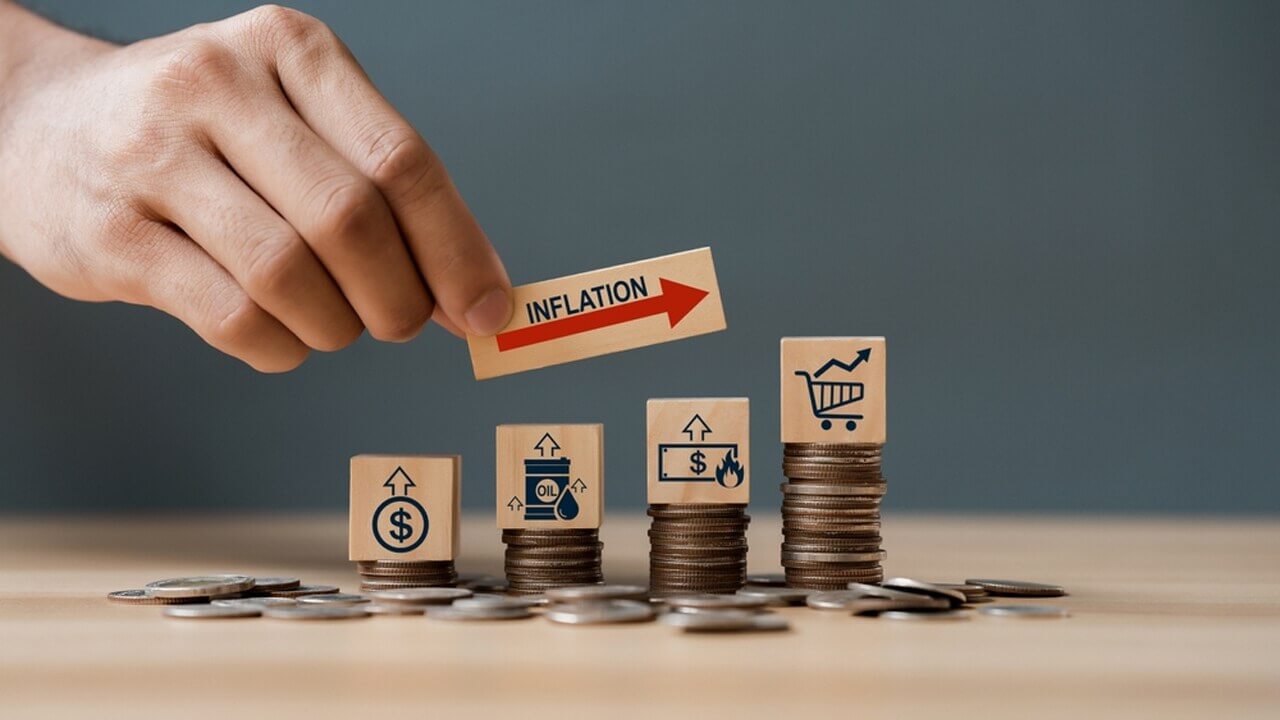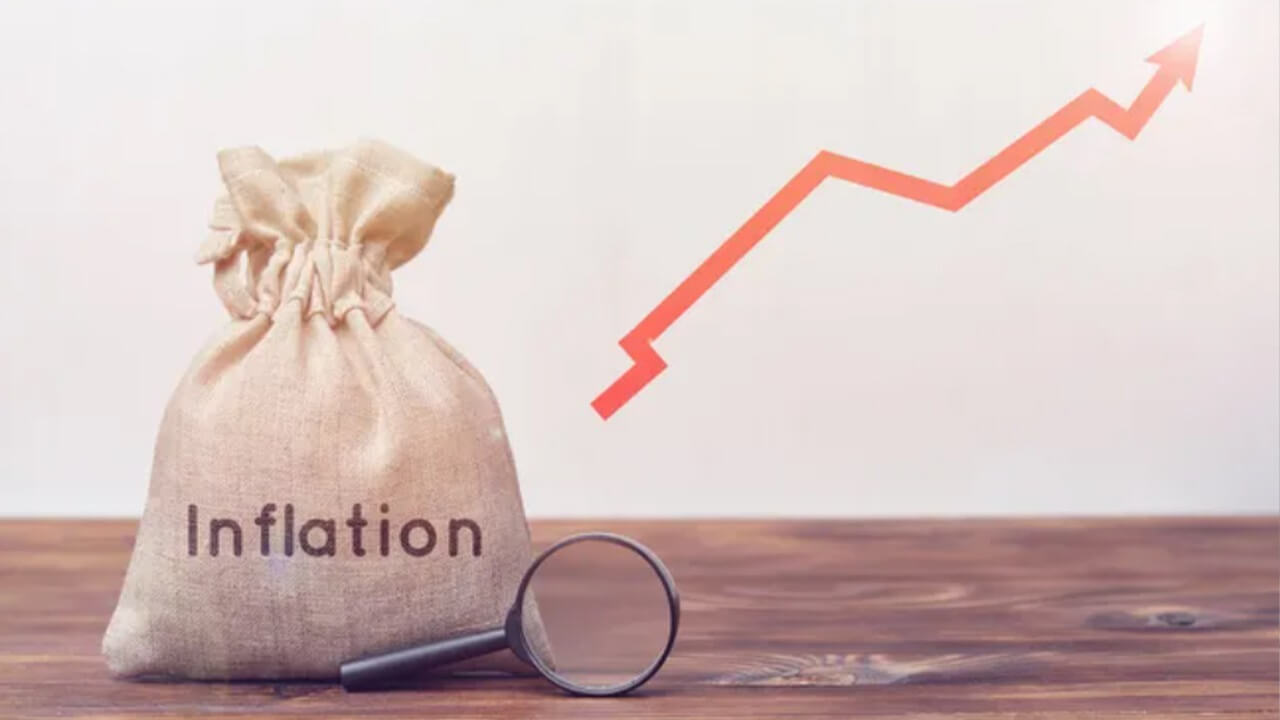What is Inflation?
Inflation is the rise in the price of living in a country. It has been a significant and consistent problem in Pakistan for several years now. In fact, Pakistan has faced hyperinflation as well over past few years due to both domestic and international reasons. Over the years, the Government of Pakistan, and the State Bank of Pakistan have developed several strategies to control it, but all these strategies have end up in vain so far.
Inflation impacts the lifestyle of people by reducing their purchasing power. Meanwhile, it also lowers the GDP growth rate ultimately leading to a decline in the overall productive capacity of the state. If left uncontrolled, inflation leads to unemployment and several other economic issues. Therefore, the government should develop effective strategies to control inflation.
Today, we will tell you about some practical strategies to help reduce Pakistan’s inflation. But first, we will go through the economic and social reasons behind this issue.

Reasons Behind Inflation in Pakistan
There are several national and international reasons behind inflation in Pakistan. The most prominent reasons are:
Monetary Factors
Expanding the money supply at a rate higher than the rise in products or services can stimulate demand. In Pakistan, 27% of the total currency is in circulation, which is one of the world’s highest. Owing to low products or rise, the demand is fulfilled at higher costs, which is leading to inflation.
Shortage of Goods
Shortage of goods or services also leads to a rise in demand, ultimately resulting in inflation. In Pakistan, there has been a shortage of basic necessities like food, fuel, etc., due to natural disasters and poor economic conditions. It is the primary reason behind inflation, as people cannot survive without them and get ready to pay more.
Structural Issues
From industrial to agricultural, every field in Pakistan deals with structural issues mainly due to a lack of facilities and advanced approaches. Farmers still use outdated instruments for ploughing and harvesting, resulting in low yields. Similarly, the industries are still sticking to outdated power resources and purification & filtration approaches. All these things lead to inflation in Pakistan by increasing the production cost and lowering the yield of the products.
Supply Chain Disruption
Over the years, several natural factors have disrupted the supply chain in Pakistan. Recent floods have destroyed many fields, leading to interruptions in the supply chain. Apart from that, outdated transport infrastructures in Pakistan slow down transportation and impact the supply chain, resulting in a shortage of goods and an increase in inflation.
Currency Devalue
Pakistan’s imports are far higher than exports, leading to a trade deficit. Apart from that, Pakistan also has to pay a huge debt, which is roughly 75% of its net GDP growth. All these things has devalued the Pakistani currency, leading to inflation.
Apart from that, several other reasons, such as political instability, economic uncertainty, and inflation expectations, also lead to inflation. All these factors are interconnected with each other.

How to Control Inflation in Pakistan?
Inflation cannot be neglected as it will continue increasing if not controlled. The following are some most effective strategies that can be adapted to control inflation.
Monetary Policy
It’s one of the most popular and effective strategies used to control inflation. State Bank of Pakistan can control the money supply by changing interest rates. It may slow down the growth, but inflation can be controlled. There are two types of monetary policies:
Contractionary Monetary Policy controls inflation when the rise in money exceeds the products or services. It involves limiting the outstanding money supply by increasing interest rates. As a result, people will not pay more to buy a product, which can control inflation.
Expansionary Monetary Policy can lead to inflation by reducing interest rates and making savings less valuable. People will start spending more and it can result in a rise in prices. The government should avoid it to control inflation.
Increasing Supply of Goods
It’s among the simplest yet most effective strategies to control inflation in any country. Pakistan’s government can increase the supply of products and services. As a result, high costs due to a shortage of products can be controlled. Supply of goods in Pakistan can be increased by:
- Investing in proper infrastructure, especially in the agriculture field, to avoid food shortage.
- Adopting modern technology to streamline the production units
- Facilitating production units by giving subsidies to make production less expensive.
- Promoting cottage industry, especially in the rural areas.
Targeting Specific Sectors
The government can develop targeted strategies to improve particularly weak sectors. In Pakistan, imports are the primary reason behind inflation; the government can limit them and promote local products. Similarly, the government can invest in agriculture to reduce inflation due to food products.
Revising Tax Policies
The government should revise the tax policies to control inflation. Taxes on essential items such as food, fuel, and electricity should be reduced in Pakistan to make them more affordable for the general population. The government can increase taxes on unnecessary but commonly used items such as cigarettes.
Avoiding Monopolies
When a few families occupy a specific business, it creates monopolies as the suppliers are limited. For example, most of the sugar mills in Pakistan are owned by a few families. The government should avoid these monopolies by encouraging new people to enter the market. As a result, the competition will be higher, mitigating monopoly risks. Regulatory reforms and promoting fair trade can also limit the monopolies in the market, which can help control inflation in Pakistan.
Controlling inflation is a challenging task for any Government. However, proactive strategies and immediate actions can help in this regard. Pakistan’s government can reduce inflation by controlling the money supply, increasing the product supply, and avoiding monopolies. It will take a sustained and coordinated effort from the Government to control inflation in Pakistan.






